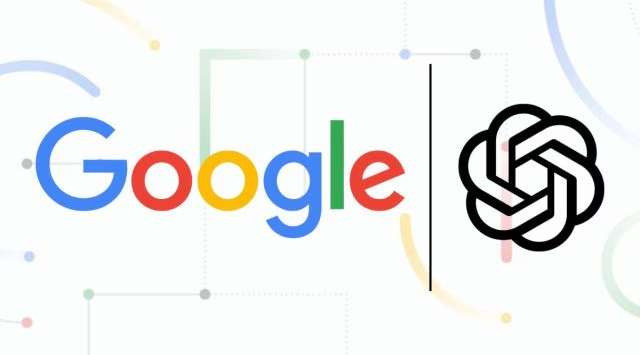Google Chrome, facing a spin-off, still has time to take over.
Sure enough, commercial wars are heartless.
On November 20, the U.S. Department of Justice just formally proposed to spin off Chrome.On November 21, just one day later, it was reported that OpenAI would launch a self-developed browser and seize the opportunity to seize Google's territory.
Sources say that OpenAI is considering launching a new browser and closely integrating it with the ChatGPT chat robot to distinguish it from traditional browsers.In addition, OpenAI also plans to negotiate partnerships with companies that build travel, food, real estate and shopping websites to add this intelligent search function to their websites.
Considering that OpenAI released its own search product ChatGPT search as early as the end of October this year, this news is not impossible.
Different from traditional search methods, in ChatGPT search, users can point to relevant Internet resource links, allowing users to get answers faster and complete searches in chat, which develops unlimited commercial potential for search tools.At present, OpenAI has rapidly expanded the territory of ChatGPT search and discussed cooperation on browser intelligent search with website and application developers such as Condé Nast, Redfin, Eventbrite and Priceline.We can look forward to whether this feature will be more widely used in the new browser developed by OpenAI.
Another thing worth looking forward to is the deep mining function of OpenAI browser.It is different from the previous "retrieval-get" model of information search.ChatGPT will provide better answers by considering the context of the chat, which will be more in line with users 'reading habits for higher-level learning.Moreover, since ChatGPT search's model is a fine-tuned version of GPT-4o, theoretically speaking, the OpenAI browser embedded with ChatGPT search will also have the company's most powerful search capabilities to date.
This is not the only thing that OpenAI has "backstabbed" Google.
Insiders revealed that in addition to wanting to "compete head-on" with Google on the browser track, OpenAI also intends to steal away Google's important business partner Samsung and provide the latter with AI agent functions on mobile phones-in the past, this function was supported by Google's Gemini AI.
Moreover, as early as the first half of this year, OpenAI had already poached two founders of Google Chrome, causing the latter to suffer a serious brain drain.It can be said that OpenAI's intention to compete with Google in the browser field is well known.
However, although OpenAI has gathered the right time, place and people, and there is still a lot of money to develop, there is still a long way to go before they actually launch the browser-because browser development is a complex and time-consuming task, which requires ensuring that users 'privacy is not compromised, and ensuring that the browser is compatible with other tools in order to compete with existing browsers in the market.
In other words, Google Chrome, which is facing a spin-off, still has time to take over.

